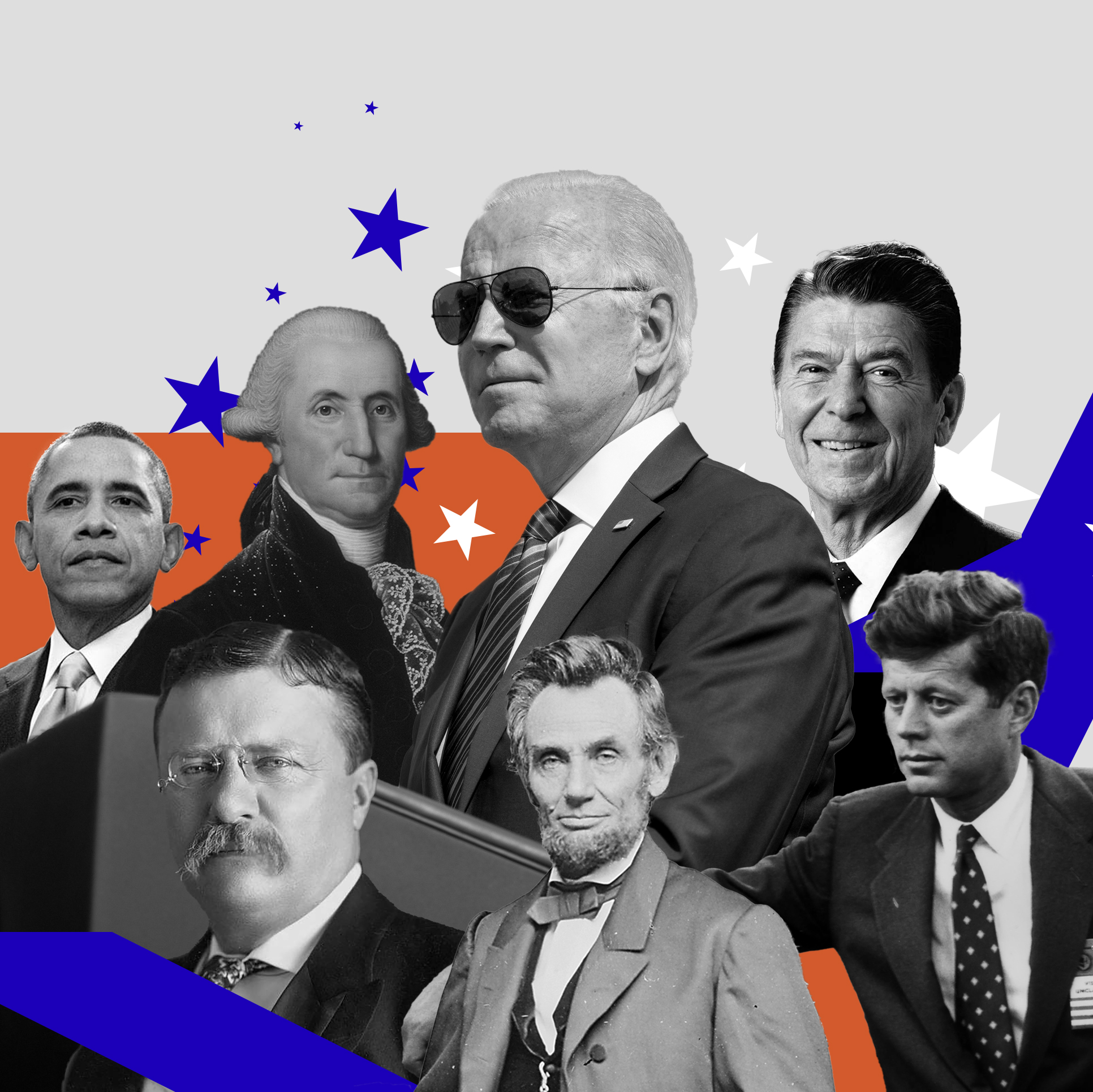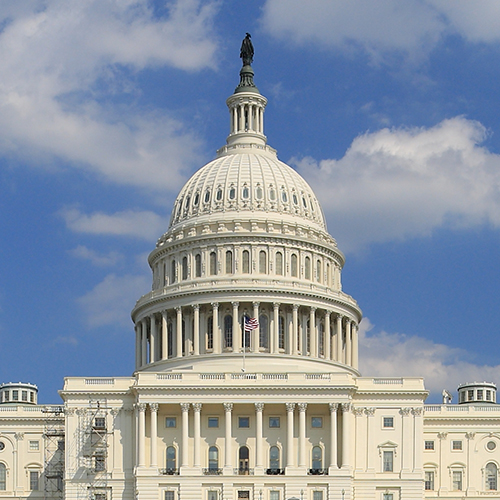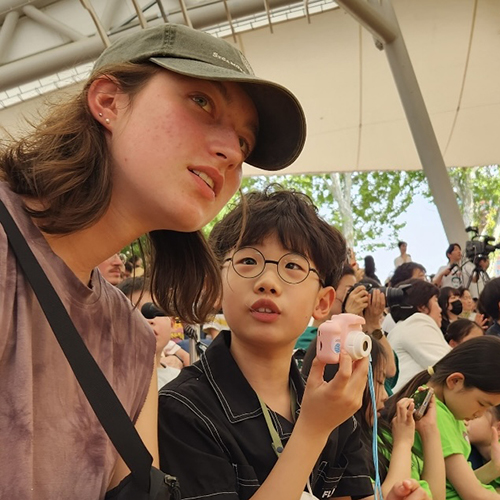A funny thing happened to Yoram Bauman (PhD, Economics, 2003) on the way to earning his PhD in economics. He wandered into a comedy career.
One day, tired of studying, Bauman took a break to write a parody of the “ten principles of economics,” a list popularized in a bestselling introductory economics textbook. “I wrote it for fun and passed it around the department,” he recalls, “because that’s what you do to blow off steam when you’re in graduate school.”
Within a year, the parody was published in a science humor journal, the Annals of Improbable Research (formerly the Journal of Irreproducible Results) and caught the attention of planners of the annual American Association for the Advancement of Science conference. They invited Bauman to present in the humor section of the conference. Bauman enjoyed the experience so much he began performing stand-up as a hobby. Now he works full-time as “the world’s first and only stand-up economist.”

Bauman wasn’t a big comedy fan growing up. His family didn’t own a television, so he never saw stand-up comedy on The Tonight Show and other late-night TV. His interest was mathematics, which he studied as an undergraduate at Reed College. He also took a handful of economics classes, where he learned about environmental tax reform, a concept that has intrigued him ever since. “It’s the idea of combining higher taxes on things that damage the environment and lower taxes on good things like income and savings,” explains Bauman. “It seemed like an intellectually beautiful idea to me, and still does.”
After college, Bauman co-authored Tax Shift, a book about environmental taxes, while working at Sightline Institute, an environmental think tank in Seattle. Eager to delve deeper, he pursued a PhD in economics, choosing the UW over other top schools because of its strength in the field of environmental economics.
After earning his PhD in 2003, Bauman taught at Whitman College, at Seattle’s Lakeside School, and in the UW College of the Environment. He also performed stand-up, booking more gigs each year, until comedy became his primary job. “Over ten years, comedy went from being zero percent of my income to 100 percent of my income,” he says.
People think it’s weird that I do stand-up comedy about economics, but it gives me what theorists call market power. In other words, I basically have a monopoly. ...I lucked into this little niche.
Earning a decent living doing comedy is no small feat, but Bauman wields a secret weapon: his economics PhD. “People think it’s weird that I do stand-up comedy about economics, but it gives me what theorists call market power,” he explains, sounding like the economist he is. “In other words, I basically have a monopoly. And monopolies are great when you’re the monopolist. I lucked into this little niche.”
Bauman occasionally performs at comedy clubs, but his bread and butter is corporate events and college gigs. Audiences range from fellow PhDs—he runs the humor section at the American Economics Association meeting, the largest economics conference in the world—to general audiences with no background in economics. He also writes cartoon books, known as graphic nonfiction, on challenging topics like macroeconomics, microeconomics, and climate change. He has collaborated on three books with illustrator Grady Klein; the pair are now working on a fourth about calculus. “I’m coming full circle,” says Bauman, “back to my roots in the math world.”
Bauman sees commonalities between his stand-up comedy and his cartoon books. Both convey complex concepts with few words, honed through painstaking effort. “You have something you think is funny, so you write three minutes about it and perform those three minutes at an open mic night,” says Bauman, describing his writing process for stand-up. “Then you figure out where people laughed—if you’re lucky, that’s maybe thirty seconds of it—and you save those thirty seconds and the set-up needed to get there and throw out the rest. Then you add a couple more minutes of new material and do the same thing again. You keep boiling it down and boiling it down, like a soup stock. The cartoon books are similar in that you don’t get many words on a page, so you really have to figure out what’s important. A lot of it is about throwing stuff out. You have to boil it down to the essence.”
When Bauman isn’t on stage or writing books, he is active with Carbon Washington, a nonprofit dedicated to environmental tax reform in Washington state. The group is currently launching a ballot measure to address climate change through a statewide carbon tax swap. “With this tax swap, people would pay more for fossil fuels but that would be offset by reductions in existing taxes,” Bauman explains. “That way, there would be financial incentive to reduce carbon emissions without affecting people’s standard of living. It’s something most economists agree on, but nobody’s been able to push it from the academic world to the public policy world. With anything related to taxes, there’s tremendous skepticism and cynicism among voters. It’s an intriguing challenge.”
Bauman cannot predict whether the ballot measure will be successful, just as he can’t predict how his comedy career will progress. But he knows that economics and the environment will continue to be his focus.
“When I say that I’m an environmental economist, people wonder what an economist could possibly say about climate change or anything else that doesn’t involve money,” says Bauman. “But economists think about all sorts of issues. Using the tools of economics and the power of capitalism to protect the environment—that’s what I’m all about.”
That, and a bit of humor. Because while economics may be no laughing matter, Bauman loves the challenge of making it one.
Want to attend one of Yoram Bauman’s comedy performances or buy one of his books? Visit his website at standupeconomist.com for more about both. To learn about Carbon Washington’s environmental tax reform efforts, visit carbonWA.org.
More Stories

Is This Presidential Campaign Different?
UW History professor Margaret O'Mara provides historical context for this moment in US presidential politics.

Making Sense of This Political Moment
To navigate this momentous election season, Arts & Sciences faculty suggest 10 books about the US political landscape.

Finding Family in Korea Through Language & Plants
Through her love of languages and plants — and some serendipity — UW junior Katie Ruesink connected with a Korean family while studying in Seoul.